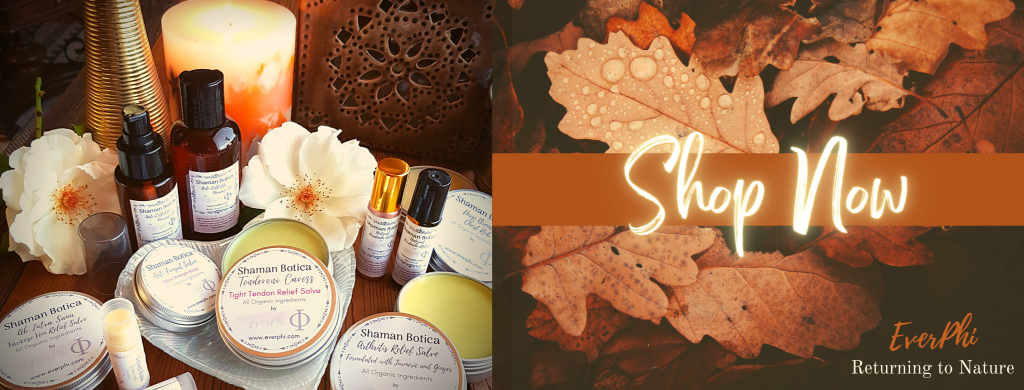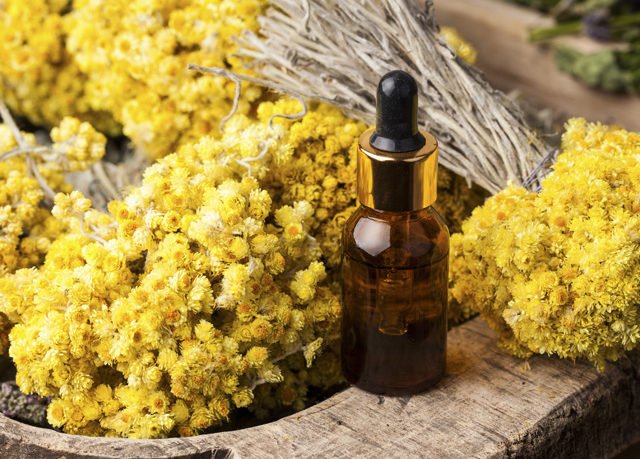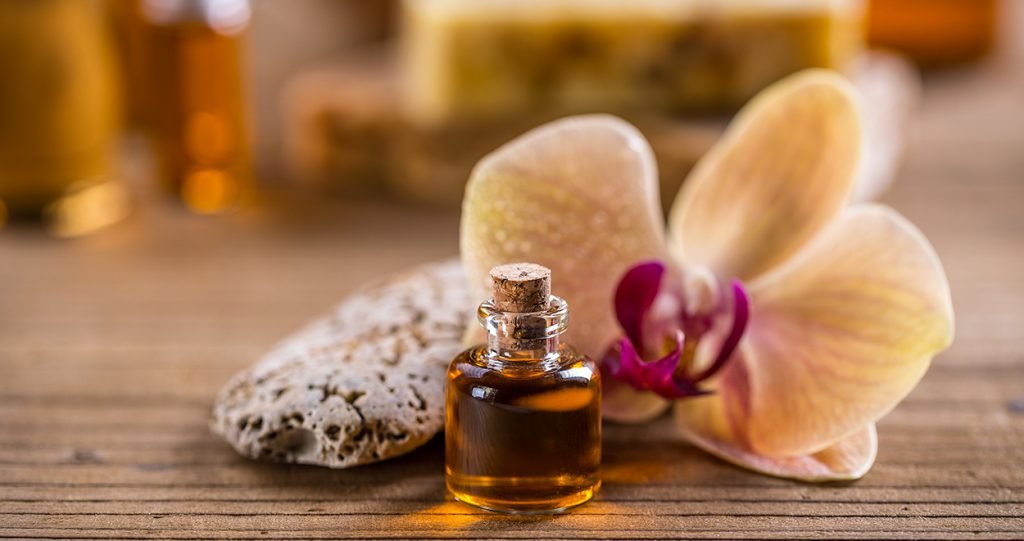
Aromatherapy and skin are two words that when we see them together, the Spa or a pleasant massage session automatically comes to our mind. However, this great combination can do much more for us and the health of our skin.
The skin reflects what happens inside and outside our body, therefore, to cure a skin pathology without taking a look at the internal causes, it will become very difficult.
Common skin conditions, such as psoriasis and eczema, most of the time are caused by internal conditions.
Cutaneous problems can occur due to different causes such as: genetic predispositions, nutritional factors, hormonal influences, medication side effects, stress factors, inflammatory pathology, complications in intestinal health, etc.
The largest organ in the body is the integumentary system, which is composed of the skin and other attached structures such as sebaceous and sweat glands, hair and nails. It represents approximately 16% of body weight, has an area of 1.5 to 2 square meters.
In addition, this plays a fundamental role in maintaining the body’s homeostasis by providing the interface between the ever-changing external environment and the body’s internal environment.
On the other hand, our skin nature reveals three defined layers:
This complex system has a cyclic cell renewal process, which means that any skin care treatment aimed at improving the skin, will need at least six weeks to two months before any real change can be expected.
The growing interest in the methods of applying essential oils to the skin has been thanks to the dedication and work of Marguerite Maury entitled Marguerite Maury Aromatherapy Guide: The Secret of Life and Youth, published in France in 1961.
In her passionate search, Maury realized that through dermal application of essential oils it was possible to affect the muscle tone, quality and appearance of the skin and tissues, as well as, to achieve a better functioning and normalization of the individual’s rhythm.
In this way, Marguerite managed to establish a successful relationship between aromatherapy with massage and also with skin care in the aesthetic field.
To create a combination that can provide multiple and effective aromatherapeutic benefits through our skin, we will need to dilute the essential oils with one or more of the following natural ingredients:
Each essential oil carries a unique chemical composition, it contains biological activities, which are responsible for providing multiple benefits both psychically and physically.
Some examples of biological activities related to skin are: anti-inflammatory, analgesic, antibacterial, antifungal, antiseptic, astringent, antioxidant, vulnerary (promote wound healing), relaxant, detoxifier, circulatory stimulant tonic and cellular rejuvenation.

Therefore, in the case of our skin, we have several alternatives that can support and help us improve different and specific skin issues.
Essential oils can help us to:
Biological Activity |
Essential Oil |
| Anti-inflammatory | Roman Chamomile, Ginger, Rose, Turmeric, Helichrysum, Sandalwood, Lavender, Patchouli, Violet |
| Antibacterial | Eucalyptus, Lemongrass, Melissa, Peppermint, Sandalwood, Oregano, Rose, Thyme, Tea tree, Violet |
| Antifungal | Lemongrass, Patchouli, Thyme, Tea tree |
| Antiseptic | Roman Chamomile, Frankincense, Sandalwood, Helichrysum, Lavender, Lemon, Lemongrass, Patchouli, Tea tree |
| Astringent | Cedarwood, Geranium, Lemon, Patchouli, Vetiver, Sandalwood |
| Circulatory Stimulant | Eucalyptus, Juniper berry, Laurel, Lemon, Lemongrass, Peppermint, Rosemary ct. camphor or cineole |
| Cellular Rejuvenation | Rose, Roman chamomile, Frankincense, Helichrysum, Lavender, Rosemary ct. verbenon |
| Detoxifier | Cypress, Fennel, Ginger, Grapefruit, Juniper berry, Laurel, Lemon |
| Relaxant | Roman Chamomile, Frankincense, Rose, Lavender, Mandarin, Patchouli, Orange, Vetiver, Ylang ylang |
| Vulnerary | Roman Chamomile, Frankincense, Helichrysum, Lavender, Rosemary ct. verbenon |

Essential oils can be very useful for skin conditions such as acne, psoriasis, warts, eczema, dermatitis, cellulite, scars, cicatrization, stretch marks, etc.
In the table below, you can find some examples:
Essential Oil |
Indicated for |
| Roman Chamomile | Dermatitis, eczema, psoriasis, broken capillaries, hives, acne, fungal infections, skin ulcers, slow-healing wounds. |
| Clary Sage | eczema caused by stress or anxiety, inflamed skin conditions, mature skin, wrinkles, excessive sebum production, dry itchy skin |
| Cypress | Oily, sweaty skin and feet, broken capillaries, bruises, cellulite, supportive wound healer |
| Eucalyptus | Herpes simplex, shingles, chickenpox, measles, acne, ulcers, wounds, boils, burns, cuts |
| Sweet Fennel | Sluggish, congested, or smoker’s skin (can be beneficial for stimulating microcirculation and detoxification), fennel hydrosol may be utilized in compresses for conjunctivitis |
| Frankincense | Mature skin, wrinkles, scar tissue, postoperative wound healing (once sutures are removed), eczema, acne, inflamed skin conditions, blackheads, hives, soothing to dry irritated skin |
| Geranium | Eczema, psoriasis, dermatitis, itching, acne, sluggish smoker’s skin, aids detoxing, shingles, ringworm, head lice, dandruff, mouth ulcers, thrush (oral), gum infection, wound healing, abscesses, cellulite, can balance sebaceous gland secretion |
| Grapefruit | Astringent, oily skin, detoxing, can be dehydrating (blend with other non-citrus, non-monoterpene rich essential oils) |
| Helichrysum | Acne, chronic dermatitis, eczema, scar tissue reduction/to support healthy scar tissue formation, burns, dermal inflammation, cuts and wounds, bruises, radiation burns, Herpes simplex, tissue trauma, broken capillaries, stretch marks, dry itchy skin, varicose veins, rosacea, psoriasis, aging skin |
| Juniper Berry | Poor elimination from skin, slow healing sores, acne, oily skin, eczema, herpes, oily scalp |
| Lavender | burns, scrapes, abscesses, acne, athlete’s foot, eczema, inflamed skin conditions, psoriasis (as an anti-inflammatory), sunburn, relieves itching, hives, open wounds or sores, poorly healing wounds |
| Lemon | Acne, boils, corns, oily complexions, mouth ulcers, cellulite, varicose veins (can help to prevent and also to prevent them from getting worse), tired, sagging and grayish (smoker’s) skin, broken capillaries, ulcers where a large amount of puss or debridement is present: use 1.5 percent dilution in distilled water with lemon and tea tree and apply via a mister to whole area of ulcer at frequent intervals. |
| Lemongrass | Acne, oily skin, boils, athletes foot, Herpes simplex, has a special tightening effect on the elastin fibers in the corium and in the subcutis, applicable to breast treatment (tightening), Ringworm |
| Mandarin | Detoxing to congested skin, oily skin |
| Patchouli | Astringent, useful in treating aging, sagging skin, itchy or inflamed skin conditions, acne, athlete’s foot, cracked or chapped skin, eczema (weeping), fungal infections, wrinkles, irritated skin conditions, sores, fissures, scar tissue, fungal or parasitic skin infections, soothing |
| Rose | Acne, eczema, psoriasis, blood enhance circulation, rejuvenate and repair tissue, reduce redness, attenuate wrinkles |
| Rosemary | Used in skincare due to its regenerative abilities, also indicated for rosacea, acne, seborrhea (oily skin with congestion), varicose veins. |
| Sandalwood | Fights Human Papillomavirus (HPV) warts, psoriasis, melanoma, skin cancer, anti-aging |
| Tea Tree | Acne, nail fungus, oily skins, abscesses, boils, cold sores, cuts, dandruff, herpes simplex, insect bites, lice, rashes, shingles, infected wounds, varicose ulcers, athlete’s foot, ringworm, inflamed skin conditions, varicose veins, juvenile acne, acne rosacea, prevention of skin radiation burns |
| Vetiver | Acne, inflamed conditions, oily skin (due to its slight astringent effect), preventative for stretch marks and wrinkles, nourishing and balancing for dry skin, wound care, irritated skin, rashes, and topical bacterial or fungal infections |
| Violet | Treatment for skin suffering from acne, redness, inflammation, eczema and dermatitis, moisturize and emollient. |
| Ylang Ylang | Oily/combination skin, aging or stressed skin, scalp tonic |
Finally, it is very important that when you use essential oils topically, you should always dilute them in a carrier agent such as vegetable oil, creams, bath water, hydrosols, aloe vera gel, etc.
In addition, it is advisable to perform a patch test before starting treatment with complete confidence, to rule out allergic reactions or other unwanted effects.
Never apply rancid oils on your skin or for any therapeutic purpose. These instead, can still be used in cleaning products.